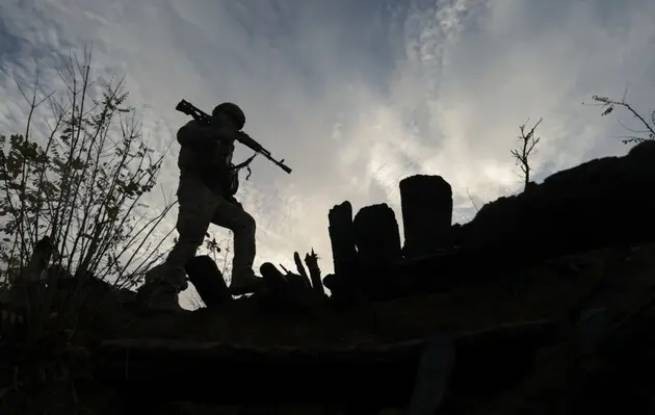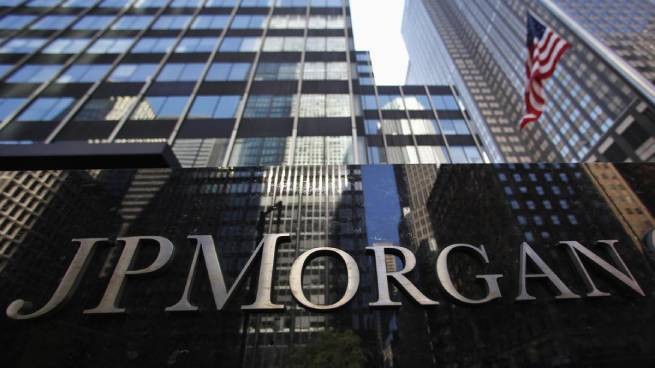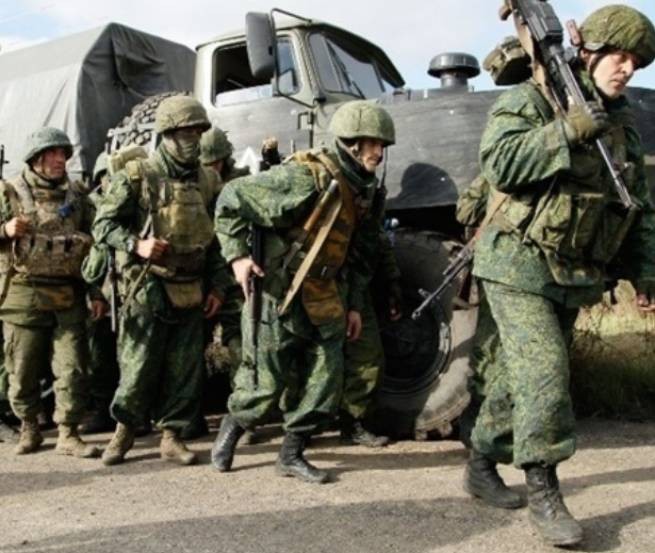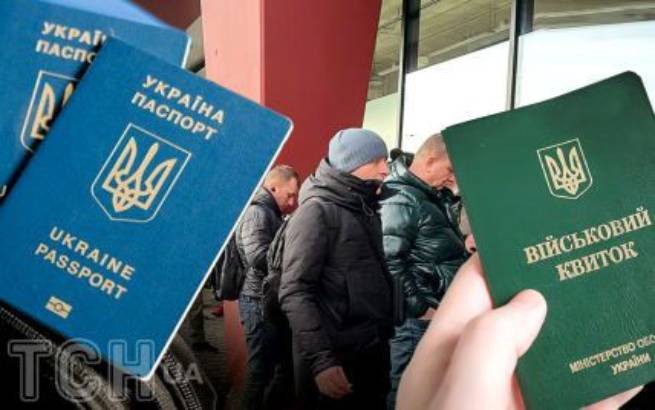The term “victimblaming” (eng. Victim blaming) means blaming the victim of an accident, violence or any crime, making her responsible for what happened.
It’s no secret that a hail of accusations sometimes pours out on a woman who has been abused: she wore a skirt too short, and painted too brightly, and in general, she simply unreasonably ended up at the scene of the attack – there are plenty of arguments. But where is the war, you ask? It gives rise to a special kind of victim blaming: shifting the blame for armed aggression onto its victims. And in Russia’s military aggression in Ukraine, this can be seen more than clearly, says historian, publicist, political observer Mikhail Dubinyansky:
As the rebuffing of the Russian invasion of Ukraine drags on, splitting narratives are returning to our lives more and more clearly. Judge for yourself. Trying to find the reason for the destruction of Mariupol and the destruction of other cities, some attribute the situation to various factors – “wrong” voting in the past decades, nostalgia for the Soviet Union, cultural and linguistic preferences.
That is, all these statements have one thing in common: the victims of the Kremlin themselves did something wrong and are to blame for their troubles:
- insufficiently zealously denied the Soviet past and Russia;
- attracted the aggressor by cultural and linguistic similarity;
- gave the impression of a “fraternal people”;
- gave the Russian president a pretext for an imaginary “liberation”;
- allowed themselves to be captured.
This list can be continued. But how to include in it those regions that can hardly be called the most Russified or nostalgic for the USSR: Irpin, Bucha, Borodyanka, Chernihiv and many others? What is the difference between Nikolaev and occupied Berdyansk, for example? For some reason, a simple thing simply eludes fans of victimblaming: the intensity of hostilities depends on the capabilities of the military machine of the Russian Federation and geography – that’s all. And you should not look for the reasons that prompted the aggressor to attack.
A simple question can serve as a test for logical thinking: “Why was Crimea the first to be occupied of all Ukrainian regions?” There are a lot of versions throughout all these years, especially in social networks, the main ones are that they don’t like Ukraine very much on the peninsula and they speak Russian. The Russians have their own version: because the Crimea was an illegal Khrushchev gift and wanted to return to their native harbor.
But the correct answer is obvious, it lies on the surface: Crimea was occupied first, since by 2014 the armed forces of the Russian Federation were there, and on legal grounds. And this factor played a more significant role than all the others combined. And in the future, the same thing happened: the “Russian spring” in 2014 was observed exactly where it was supported by the power of the Kremlin’s weapons. In those regions where Russia did not have such opportunities, the Novorossiya project suffered a crushing fiasco. A vivid example of this is Odessa.
Did Putin rely on the support of the population of Ukraine in the development of plans for a full-scale invasion? Without any doubt. The Russian president was sure that the Ukrainians would rejoice at the arrival of the “liberators” tanks. But did the Kremlin stop when it saw that the “meeting with flowers and loaf” was a figment of the imagination, and the Russian military faced a fierce rebuff? Of course not. Voluntary surrender did not follow, and Moscow continues its military aggression against Ukraine for the fourth month. It fires missiles at its territory, destroys cities, destroys industrial, social and transport infrastructure. And he believes in his own victory, as Mikhail Dubinyansky notes.
Separately, it is worth mentioning the evolution of the narratives used by the aggressor. At first, the “Ukrainian brothers” were mentioned, who were oppressed by the “Nazi elite”. However, the rhetoric quickly changed. Now the most popular thesis is that the majority of Ukrainians are “drawn into their politics by the Nazi regime.” And now there is a substitution of concepts: “victims of Nazism” turn out to be “zombified Nazis”, “liberation mission” turns into a “preventive strike”, and “protection of the Russian-speakers” unobtrusively becomes “protection of Russia from destruction.”
There is no doubt that rhetoric will undergo further changes over time. Instead of a “brotherly people” that needs to be “liberated”, the Ukrainians will become an enemy people, which, “in the name of Russia’s security”, should simply be exterminated. It is naive to convince oneself that one can save oneself from an aggressor without having grounds for such actions. In reality, he goes where he can go. So it was in 1956 in Hungary, in the 1980s in Afghanistan, in the 2010s in Syria.
Just as the rapist cannot be stopped by giving up short skirts, so the aggressor cannot be stopped by emphasizing one’s dissimilarity with him. Readiness for aggression is determined not by justification, but by political, economic and military capabilities. There is only one way to stop an aggressive country – to bring it to a weakened, impoverished and incompetent state.






More Stories
Poll: which European countries are ready to defend their homeland to the last
Greece must transfer the Patriot PAC-3 system to Ukraine with US “guarantees” against the Turkish threat
How will the confiscation of Russian assets affect the global financial system?